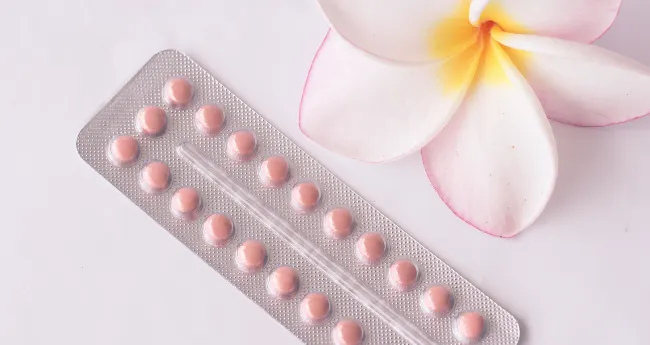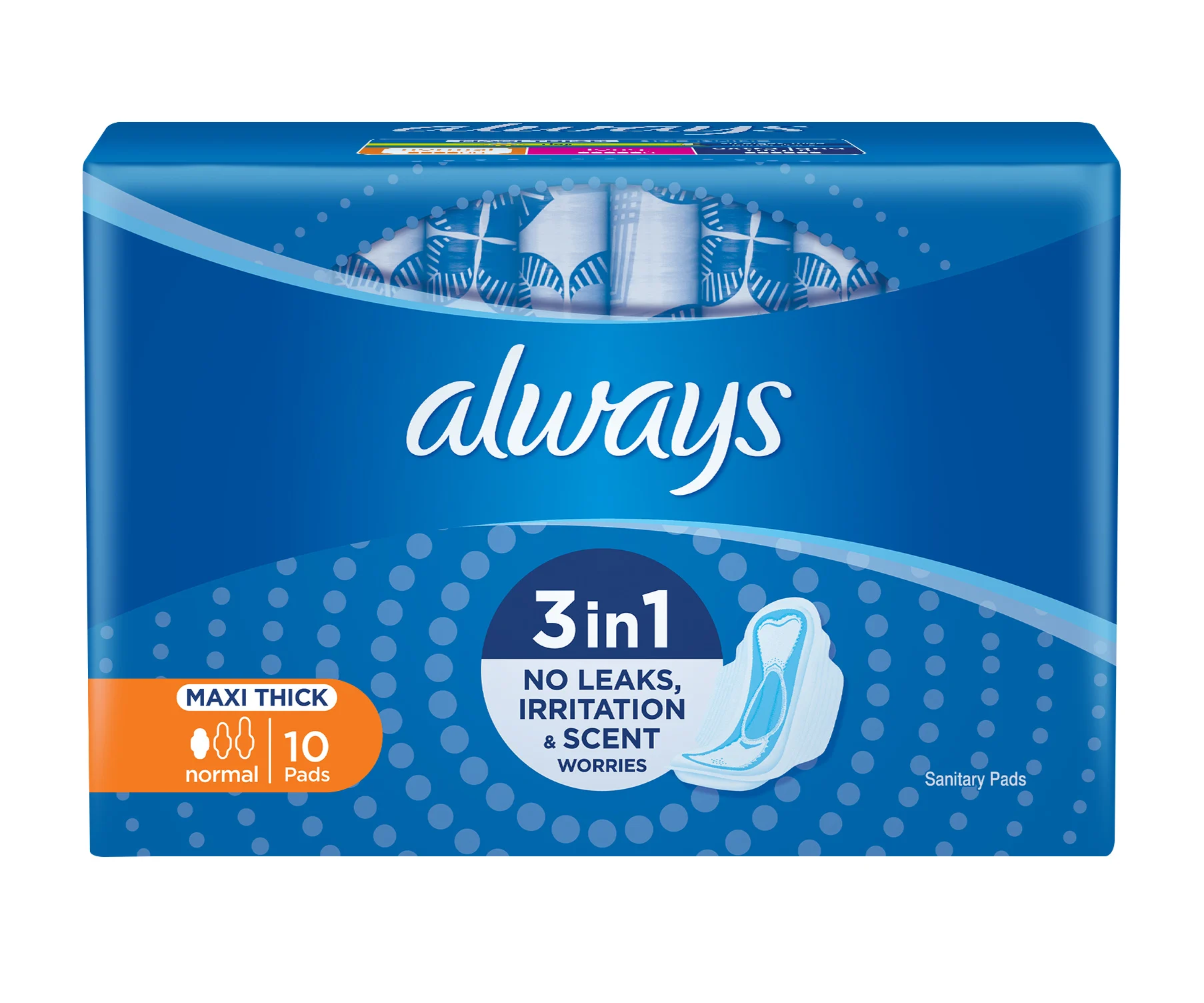Can anaemia stop your periods

Most of us are aware of the fact that heavy periods could cause iron deficiency in women. But can low iron affect your period? When women lose too much blood during a period, they most often are able to replace about half of it. And then the following month, end up losing a lot of blood again. This consistent loss of blood can make a huge impact on your period. In this article, we will understand the connection between iron deficiency and periods.
What is anaemia?
When one has low levels of haemoglobin in the body, it is called anaemia. Haemoglobin, a protein inside your red blood cells, helps carry oxygen to various tissues in the body.
Iron is a micronutrient and that plays an important role in many biological processes - from transporting oxygen to cellular respiration. And your body uses iron to make haemoglobin, which is why when you don’t get enough iron, it leads to anaemia.
This deficiency is caused when you don’t include sufficient amounts of iron in your diet, or if you lose a significant amount of blood.
Can anaemia stop your periods?
If you get heavy periods consistently month after month, there are higher chances of low iron levels. And what’s tricky about period induced excess blood loss is that it is difficult for the iron to be replaced fast enough.
This leads to a dreaded cycle wherein the blood lost from previous periods leads to insufficient amounts of iron to make enough red blood cells for your next period. So, if you’re still wondering, can anaemia stop your periods? then the answer is yes.
However, you must bear in mind that iron deficiency isn’t the sole reason for changes in the menstrual cycle. There are other possible causes that could be behind your missed period. They include:

1. Birth control
One common reason for missed periods is birth control. Any type of birth control that you begin with, be it a pill or IUD (Intra Uterine Device), your body requires time to adjust to the hormonal changes, which could lead to missed periods initially.
2. Polycystic Ovary Syndrome (PCOS)
A common condition among women, PCOS and the hormonal imbalances it causes, can hamper your ovulation cycle. This could lead to a missed period, as well as other symptoms such as weight gain and excessive hair growth.
3. Stress
We know that stress cannot be entirely avoided as it is part of everyday life. However, too much stress, that too all at once, can prove to be strenuous on the body. This could lead to hormones such as oestrogen and progesterone to go out of balance. This imbalance may also lead to missed periods.
4. Exercising excessively
If you’re engaged in regular, high-intensity workouts, it can throw your menstruation-related hormones off-balance. This applies especially for those who don’t get the required nutrition to match the exercise regime.
Iron deficiency and heavy periods: How do I know I have anaemia?
The simplest way to identify is to check whether you’re bleeding unusually more or losing too much blood than you usually do. It could be a sign of some underlying medical condition. Here are some signs to watch out:
- If you have heavy bleeding that continues for more than a week
- If there are blood clots that are large in size
- Frequently changing your tampon or sanitary pad at night
- Soaking through tampons or pads every hour
- Having weakness, tiredness, or shortness of breath
- Needing to use double protection such as using both pads and tampons at once
- Heavy bleeding that makes it difficult to go through with your daily routine
- Staining your clothes or bedding, even when you’re using sufficient sanitary products.

In such cases, it is important that you stay protected from heavy bleeding by using superior quality period protection such as Always sanitary pads. The pads are thoughtfully designed to offer ultimate ease, comfort, and protection. You can try the Always Maxi Thick pads, which are designed to have unique anti-leakage barriers in the front, centre, and back providing maximum coverage. The extra absorbent core is designed to absorb liquid, so you can go about your day comfortably.
Those who are comfortable with tampons can go for Always Tampax which are soft and highly-absorbent, and gently hold menstrual discharge to minimise the risk of leakage. Explore the Tampax Compak tampons which have innovative absorption channels that quickly lock in the liquid and hold it in for longer. Its protective skirt at the bottom of the tampon eliminates the risk of leakage.
Foods to help with iron deficiency
Before we go ahead with mentioning foods to increase iron levels, it is important to remember that it may take months to identify the signs of anaemia. Once you do suspect them, consult a doctor to run a diagnosis and then look at the treatment options based on the intensity of your condition.
To keep a track of your menstrual cycle and periods, you can use the Always Period Calculator. It will help you spot any irregularities and have an accessible record of your cycle.
Coming back to foods, here are some iron-rich foods for anaemia:
- Beets
- Grains
- Kale
- Lentils
- Nuts such as almonds, cashews, etc.
- Red meat
- Poultry
- Fish
- Eggs
- Dairy
- Grains
- Tofu
- Beans
- Dark, leafy greens.
Additionally, you can also follow these tips to maintain iron levels during menstrual cycle:
- Avoid consuming caffeine immediately after your meals. Caffeine is known to decrease the absorption of iron.
- Increase intake of vitamin C as it can make it easier for your digestive system to absorb iron. Try drinking some orange juice or eating some strawberries after your meals!
- Iron supplements too are a good option. However, it is mandatory to speak to your doctor and to take prescribed iron supplements. It is a risk to self-medicate with iron supplements because if it is taken inappropriately, it could cause constipation and even liver damage.
It is important to consult a doctor before you add anything to your diet or make any changes it.
Takeaway
Anaemia is a condition that has many harmful effects, and its effect on your menstrual cycle is one of them. It is important to discuss any early symptoms such as excessive bleeding and fatigue that you may experience with your doctor. With the right diet and proper treatment, you’ll be able to control its effects on your periods.
Disclaimer:
Please note the date of last review or update on all articles. No content on this site, regardless of date, should ever be used as a substitute for direct medical advice, diagnosis or treatment from your doctor or other qualified clinician. Always is committed to ensuring that all of our products meet rigorous safety standards; Always pads prioritize safety, protection and comfort of its consumers.




